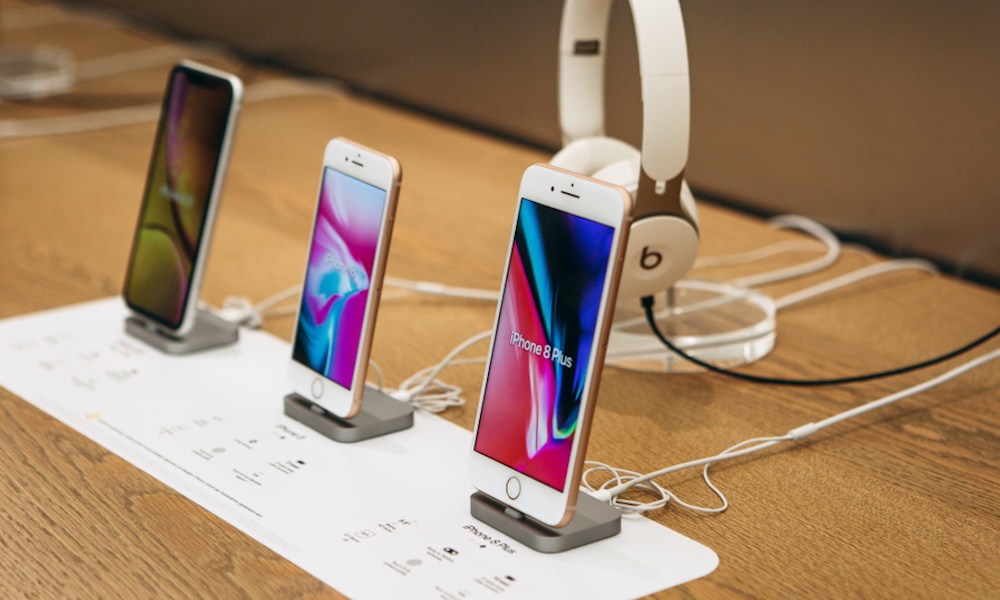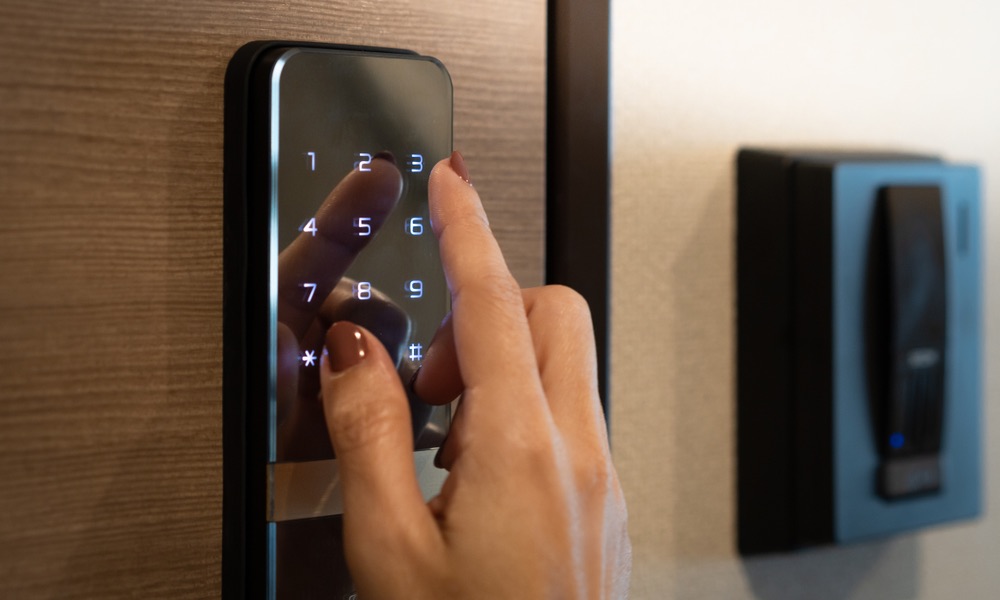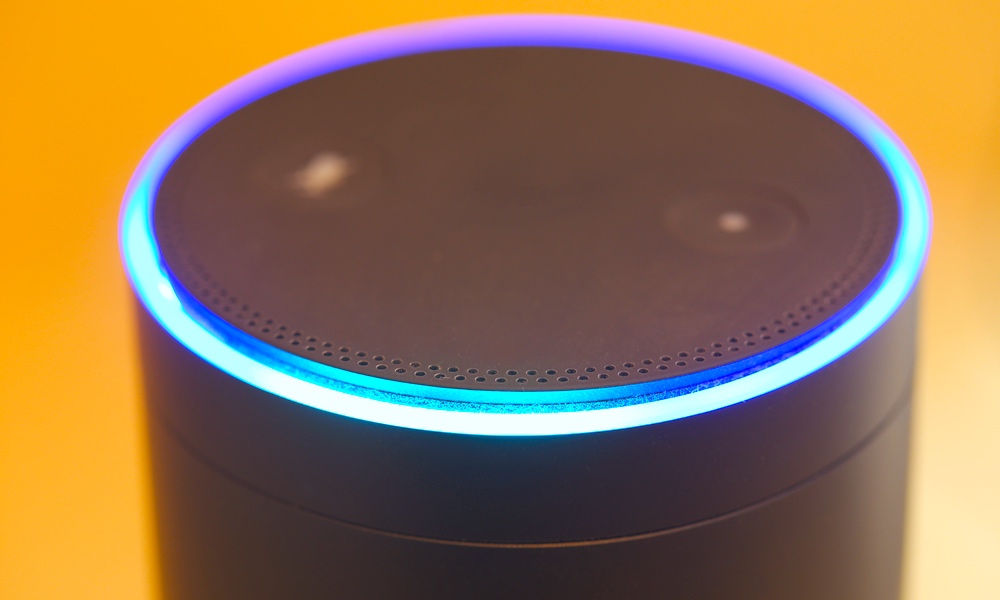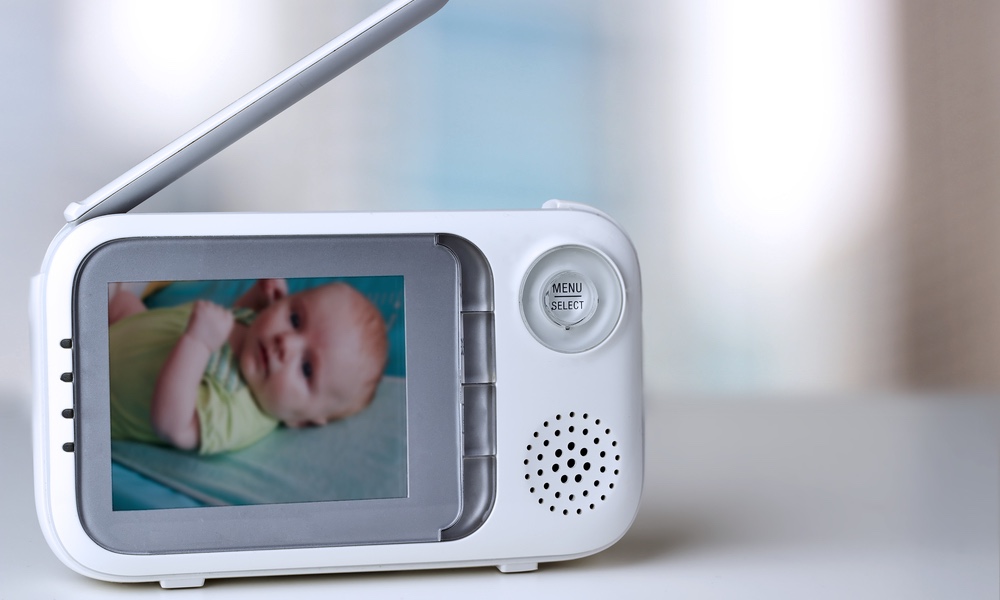These Are the Most Hacked Devices
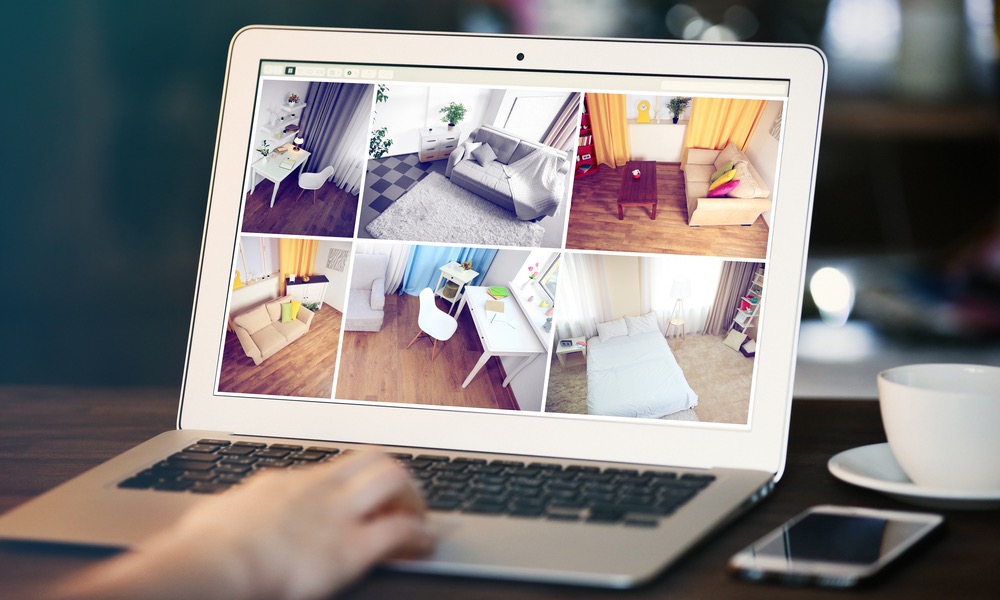 Credit: Africa Studio
Credit: Africa Studio
Due to the rise of the Internet of Things (IoT) trend, many devices in your home are connected to the internet. This is meant to make your life easier, which is great. But it can also become a threat to your private information, which, you know, is bad.
Unfortunately, a lot of devices you have in your house can be at risk. Some are more obvious than others, but every device can give someone access to your private conversations, your identity, and even to your actual house.
Overall, you need to be careful with every gadget you have connected to a Wi-Fi network. However, there some devices hackers look for the most. Continue reading to browse the most hacked devices and some helpful tips to avoid trouble.
iPhones
It may not come as a surprise, but iPhones are the most targeted smartphone by hackers. According to a study, iPhone owners are 192x more at risk of being targeted by hackers than users of other phone brands.
This is based on the number of times people searched how to hack an iPhone. A total of 48,010 people searched how to hack an iPhone in the US alone, followed by only 3,100 searches for Samsung phones. Although that isn't necessarily an indication that iPhones are easier to break into.
Smart TVs
Smart TVs are also in danger of being hacked. You might not think much about your TV. You don't have much (or any) private information stored there, but once it is connected to other devices, it can become a threat.
This is further explained by Sivan Rauscher, co-founder, and CEO of cybersecurity company SAM Seamless Network:
"You might think nobody cares about your smart TV, but once it's connected to your computer where you have all your data and credentials, all of a sudden it becomes an interest," said Sivan in an interview with ZDNet.
Smart Door Locks
Smart locks are some of the most convenient devices to have at home. You can connect them to your virtual assistant and some of them even let you know who is at the door and will let you talk to them.
However, these locks can be a target for hackers and a big threat to your home. Most of them are safe and will set off an alarm if someone is trying to force the lock open. However, you still need to be cautious and know what you're buying and who the seller is before getting one.
Home Assistants
Virtual assistants, such as Alexa or even the HomePod, are constantly getting smarter and more useful. These devices are extremely helpful when you need an extra (digital) hand at home.
However, hackers are also looking for devices like home assistants. Just a couple of years ago, some hackers found a way to turn an Amazon Echo into a spy bug. Not only that, but another Amazon Echo also recorded a couple's private conversation and then sent it to one of the husband's coworkers. As useful as they are, you need to be careful around them.
Security Cameras
Wireless security cameras remain the most attacked IoT devices in your home. While having a security camera can make you feel safer, the wrong camera can cost you a lot. Someone with access to your camera could see everything, from the layout of your house to your face, or worse.
People might prefer getting a cheaper camera, but these products often have little to no security at all. Plus, some cheap cameras have the same security vulnerabilities –– what this means is that if people find a way to bypass one camera, they'll use the same methods to bypass similar cameras.
How to Secure Your Devices
There's always a risk when it comes to any device that's connected to the internet. Nevertheless, you must secure your devices the best that you can. For starters, try using these tips.
- Change your router's default password and name.
- Keep your devices' software up to date.
- Upgrade your devices as new security standards are released.
- Turn on two-factor authentication everywhere.
- Change the default password on every device.
- Use strong passwords for your devices and your accounts.
- Don't use the same password twice.
- Go to your devices' settings and disable app access to anything that isn't necessary.
- Try to avoid using public Wi-Fi networks.
- Use a Virtual Private Network (VPN).

